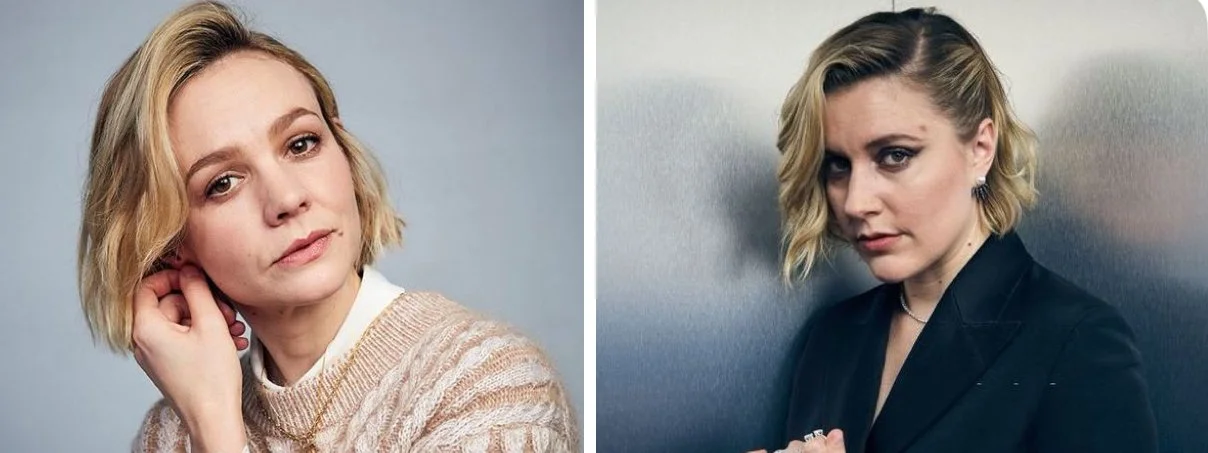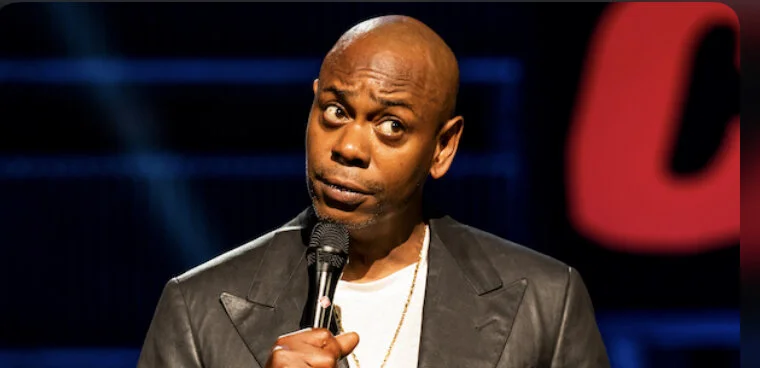Amidst all the brouhaha that has happened this last week over Dave Chappelle’s latest Netflix special, “The Closer,” there lies a total and utter artistic act of subversive trolling from the comedian. The result is a blend of comedy and commentary that, when all is said and done, might very well define Chappelle’s career — and it’s not even close to being the funniest thing he’s ever done.
Chappelle, seen by many as the greatest living comedian, bases almost the entirety of this Netflix special on cancel culture, tackling topics such as the LGBTQ community, white privilege, and, above all, respect for one another in a society slowly degrading into tribal hatred.
No surprise then that the media, who endlessly promote divisive content, has been shooting darts at Chappelle ever since the special started streaming on October 1st.
NPR accused the special of “multi-racial whiteness” and how “Chappelle [was] using white privilege to excuse his own homophobia and transphobia.” Vulture went further, accusing Chappelle of being full of “outdated excuses masking a refusal to update a worldview,” then topping it off with the literate description of Chappelle having “his head up his ass.” Subtle.
What these op-eds can’t seem to grasp, or refuse to, for that matter, is that “The Closer” shouldn’t necessarily be seen as just “comedy;” it’s actually much more than that. Chappelle’s goal is to change our toxic cultural society. He sees a pushback against wokeness slowing creeping into the zeitgeist and wants to mischievously reign that pushback further into the social conscious. After all, he’s Dave Chappelle, a black icon, revered by millions, he can’t possibly be canceled or can he? With this special, Chappelle so amusingly tells his detractors, “I dare you to.”
From the very first minutes of “The Closer,” Chappelle hits the audience with a joke about a priest sexually abusing him as a kid, and how much he enjoyed it. What we learn later on is he was just testing the waters with that zinger. He goes on to defend JK Rowling’s stance on transgender women, declares his love for the “old-school gays” of the Stonewall era, and tells “all the bitches” that he very much is a feminist. Notice the subtle moment when Chappelle is clearly still irked over his good friend Kevin Hart being forced to give up his dream gig as Oscars host due to Twitter outrage.
And really, why fault Chappelle? He’s a comedian, doing what a comedian likes to do: pushing the boundaries allowed in 2021. It’s no secret that comedy and comedians have taken a severe hit these last few years, with every word and sentence by public personalities fervently pin-pointed for possible sin. The American conversation has been hijacked via, what journalist Andrew Sullivan so succinctly calls, “emotional blackmail”.
If anything, the 48-year-old comedian comes off as compassionate and caring, especially in the last 15 minutes of the special where he talks about a friendship he had with Daphne, a trans woman who never took any of his jokes seriously. The fact that online bullying led Daphne to kill herself only re-emphasizes the importance of Chappelle’s high-wire act of a show. He shows more empathy for Daphne than anyone from the LGBTQ community ever gave her.
What Chappelle is doing here will be regarded many years from now, one hopes, when hysterical mobs have died down, as a gamechanger. With his 80 minute routine, the comedian is fully aware of the controversy that might stem from what he says, but he’s chosen to lead the way to disobey. It’s quite clear that Chappelle isn’t going to comply, and that his funny, provoking, and ultimately moving plea for sanity is being heard loud and clear.






